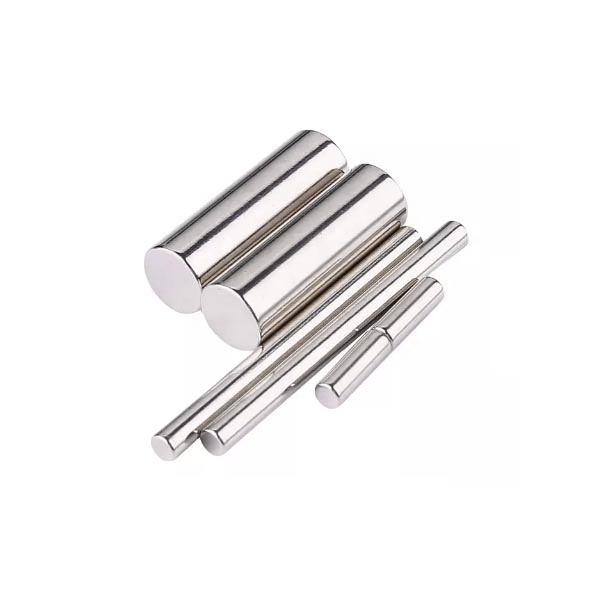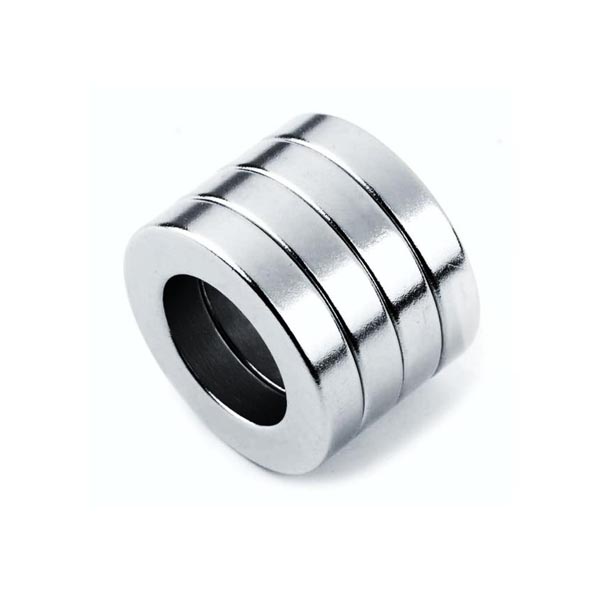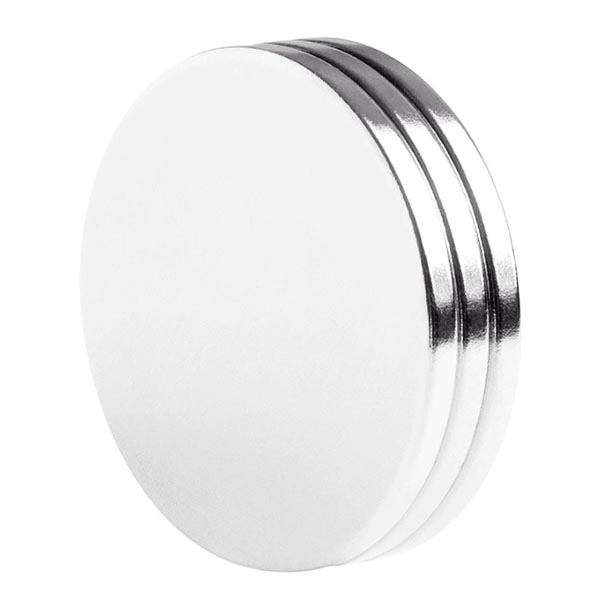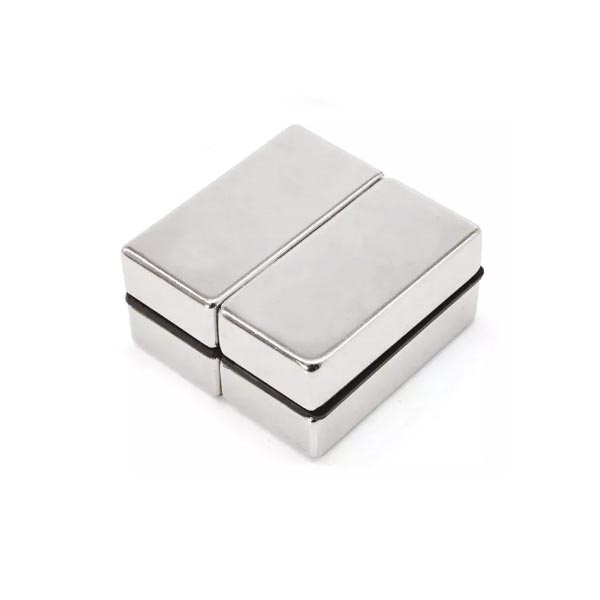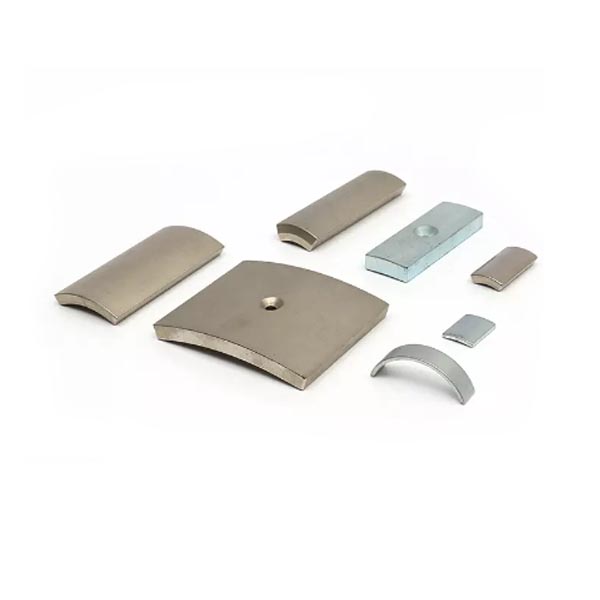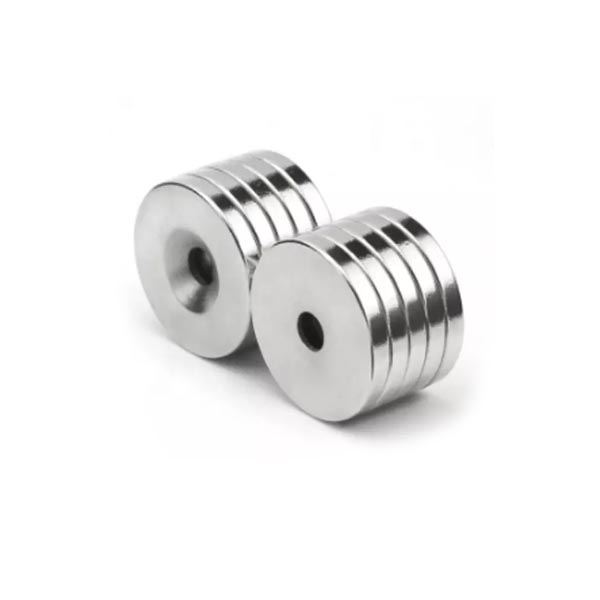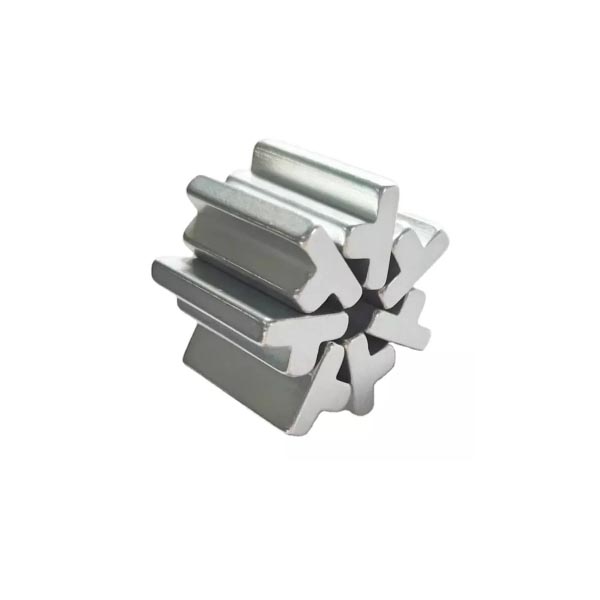U-shaped neodymium magnets deliver unmatched magnetic focus – until heat strikes. In applications like motors, sensors, or industrial machinery operating above 80°C, irreversible demagnetization can cripple performance. When a U-magnet loses just 10% of its flux, the concentrated field in its gap collapses, causing system failure. Here’s how to defend your designs:
Why Heat Kills U Magnets Faster
Neodymium magnets demagnetize when thermal energy disrupts their atomic alignment. U-shapes face unique risks:
- Geometric Stress: Bending creates internal tension points vulnerable to thermal expansion.
- Flux Concentration: High field density in the gap accelerates energy loss at elevated temps.
- Asymmetric Failure: One leg demagnetizing before the other unbalances the magnetic circuit.
The 5-Point Defense Strategy
1. Material Selection: Start with the Right Grade
Not all NdFeB is equal. Prioritize high-coercivity (H series) grades:
| Grade | Max Op Temp | Intrinsic Coercivity (Hci) | Use Case |
|---|---|---|---|
| N42 | 80°C | ≥12 kOe | Avoid in heat |
| N42H | 120°C | ≥17 kOe | General industrial |
| N38SH | 150°C | ≥23 kOe | Motors, actuators |
| N33UH | 180°C | ≥30 kOe | Automotive/ aerospace |
| Pro Tip: UH (Ultra High) and EH (Extra High) grades sacrifice some strength for 2-3× higher heat resistance. |
2. Thermal Shielding: Break the Heat Path
| Tactic | How It Works | Effectiveness |
|---|---|---|
| Air Gaps | Isolate magnet from heat source | ↓10-15°C at contact points |
| Thermal Insulators | Ceramic/polyimide spacers | Blocks conduction |
| Active Cooling | Heat sinks or forced air | ↓20-40°C in enclosures |
| Reflective Coatings | Gold/aluminum layers | Reflects radiant heat |
Case Study: A servo motor maker reduced U-magnet failures by 92% after adding 0.5mm mica spacers between coils and magnets.
3. Magnetic Circuit Design: Outsmart Thermodynamics
- Flux Keepers: Steel plates across the U-gap maintain flux path during thermal shock.
- Partial Magnetization: Run magnets at 70-80% of full saturation to leave "headroom" for thermal drift.
- Closed-Loop Designs: Embed U-magnets in steel housings to reduce air exposure and stabilize flux.
"A well-designed keeper cuts demagnetization risk by 40% at 150°C vs. bare U-magnets."
– IEEE Transactions on Magnetics
4. Operational Safeguards
- Derating Curves: Never exceed grade-specific temperature limits (see chart below).
- Thermal Monitoring: Embed sensors near U-legs for real-time alerts.
- Avoid Cycling: Rapid heating/cooling causes microcracks → faster demagnetization.
Derating Curve Example (N40SH Grade):
Br Loss │ 0% │ 8% │ 15% │ 30%*
5. Advanced Coatings & Bonding
- Epoxy Reinforcements: Fills microcracks from thermal expansion.
- High-Temp Coatings: Parylene HT (≥400°C) outperforms standard NiCuNi plating above 200°C.
- Adhesive Selection: Use glass-filled epoxies (service temp >180°C) to prevent magnet detachment.
Red Flags: Is Your U Magnet Failing?
Detect early-stage demagnetization:
- Field Asymmetry: >10% flux difference between U-legs (measure with Hall probe).
- Temperature Creep: Magnet feels hotter than surroundings – indicates eddy current losses.
- Performance Drops: Motors lose torque, sensors show drift, separators miss ferrous contaminants.
When Prevention Fails: Salvage Tactics
- Re-magnetization: Possible if material isn’t structurally damaged (requires >3T pulse field).
- Re-coating: Strip corroded plating, reapply high-temp coating.
- Replacement Protocol: Swap with SH/UH grades + thermal upgrades.
The Winning Formula
High Hci Grade + Thermal Buffering + Smart Circuit Design = Heat-Resistant U Magnets
U-shaped neodymium magnets thrive in harsh environments when you:
- Choose SH/UH grades religiously for >120°C applications
- Isolate from heat sources with air/ceramic barriers
- Stabilize flux with keepers or housings
- Monitor temperature at the gap
Your Custom Neodymium Magnets Project
We can offer the OEM/ODM services of our products. The product can be customized according to your personalized requirements, including the size, Shape, performance, and coating. please offer your design documents or tell us your ideas and our R&D team will do the rest.
Post time: Jul-10-2025

